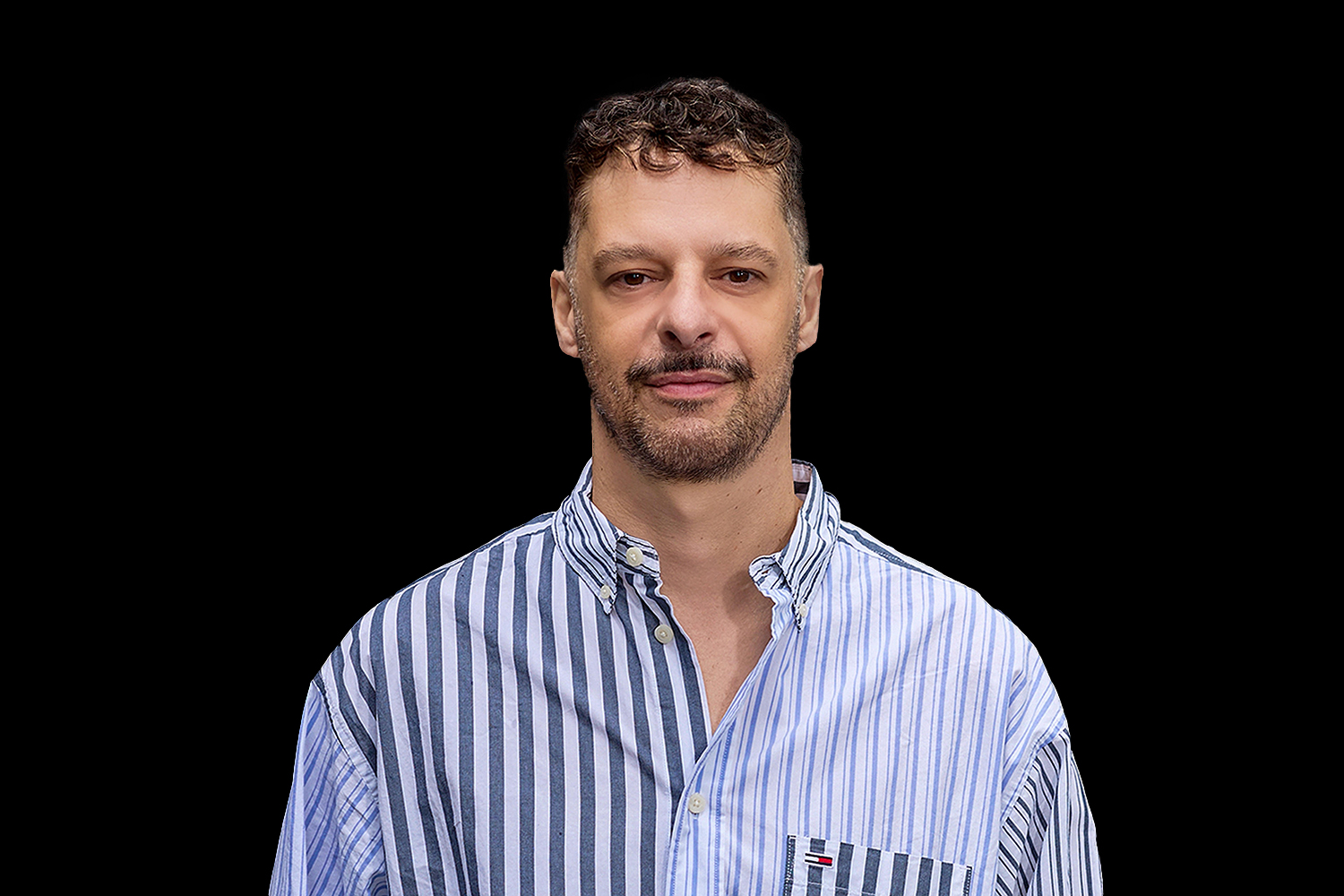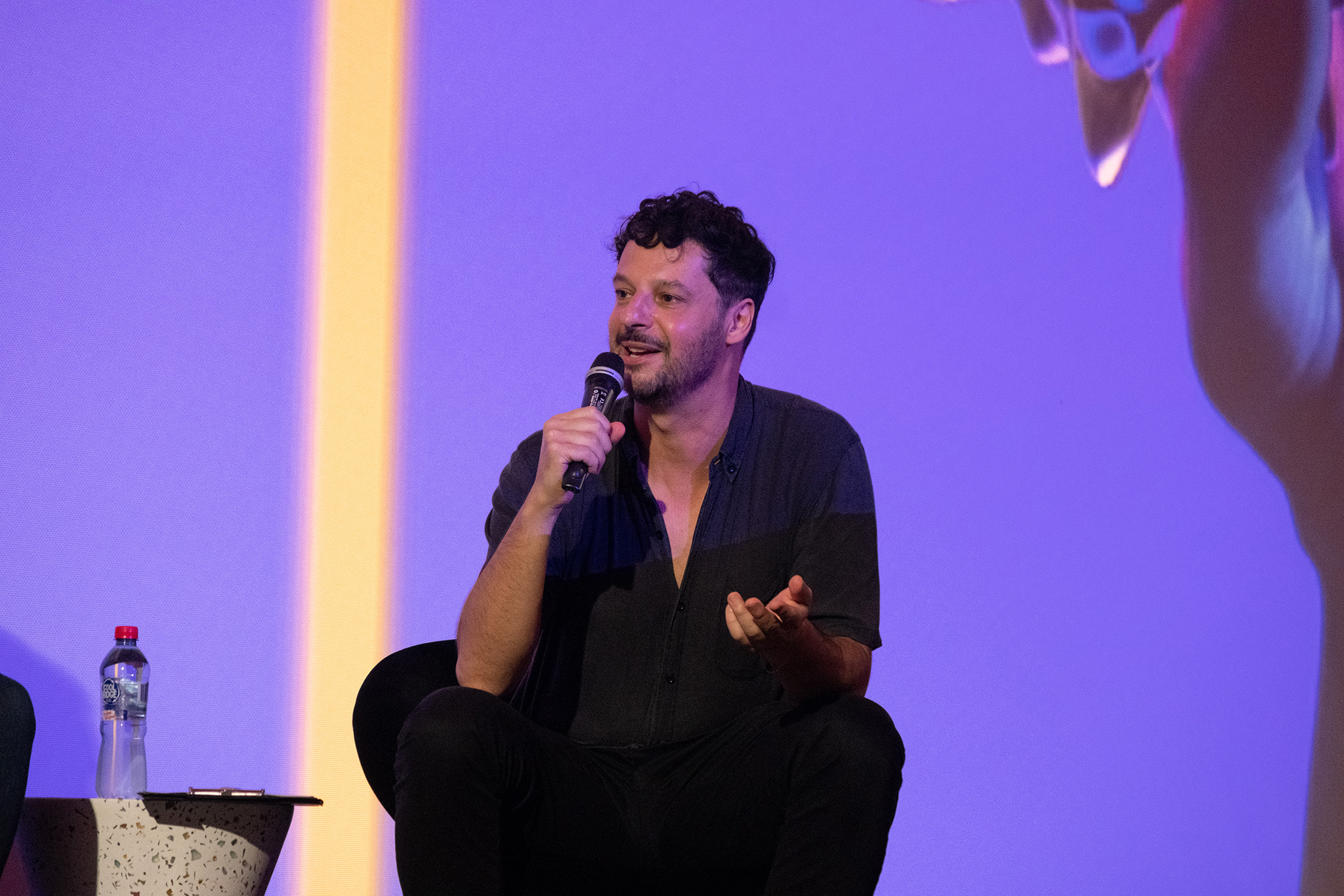
Olivier (Ollie) Cotsaftis is a post-disciplinary researcher-practitioner working at the intersection of design, ecology and futures
Olivier (Ollie) Cotsaftis is a post-disciplinary researcher-practitioner working at the intersection of design, ecology and futures
At RMIT University's School of Design, Ollie’s practice engages living systems, critical ecologies and material entanglements to activate scalable pathways for regenerative transitions. He has published in leading journals such as Design Studies and exhibited at the Science Gallery Melbourne and the MPavilion.
Before joining RMIT, he was a design lead at Fjord Design and Innovation and the founder of future ensemble studio. He is currently Program Manager (Co) of the Master of Design Innovation and Technology, Design and Architecture Lead of the RMIT Nature Positive Network, editorial board member for Biotechnology Design (Cambridge Press, UK), and co-founder of neomatter, a nature repair and nature-based solutions startup.
Material Entanglements & the Circular Bioeconomy
Materials are more than inert matter — they are entangled with cultures, economies, societies, and ecologies. Everything we create tells a story about how we live, what we value, and how we connect to the living world.
Today, emerging materials are reshaping these entanglements. Seaweed textiles, compostable bioplastics, and waste-based bio-objects are no longer niche experiments but building blocks of a circular bioeconomy. As production scales up and costs come down, they not only close material loops but also prompt us to rethink consumption, waste, and our responsibilities within more-than-human worlds.
Critical Ecologies & Regenerative Futures
We are living in an era of profound transformation, adapting to a world negatively shaped by our collective actions. Meeting this reality calls for new ways of designing and futuring — ones that work with rather than against the living and that support coexistence.
Approached through critical ecologies, design becomes a means to question inherited systems, challenge human-centricity, and engage with the nonhuman. From this perspective, regenerative futures are not only about repair and creating conditions where humanity can thrive, but about doing so in ways that co-evolve mutualism and future-proof our cities, where more than half the world’s population now lives.
In essence, and alongside the deepening critique of sustainability and anthropocentric design practices, this approach helps us navigate the transitions of the 21st century — regenerative futures in more-than-human worlds.

2021 Melbourne Design Week